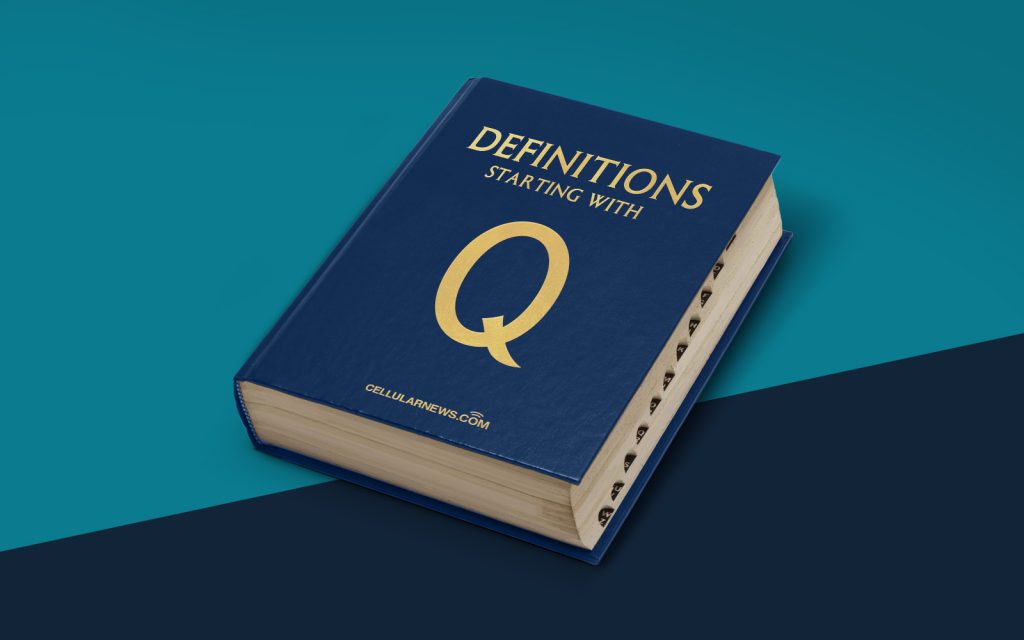
Welcome to the Quantum Realm: Exploring the Wonders of Qubits!
Greetings, earthlings! Today, we embark on a mind-bending journey into the realm of quantum computing, where traditional bits give way to something truly extraordinary – the quantum bit, or qubit, for short. Strap on your mental seatbelts and get ready to unravel the mysteries of this fascinating concept!
Key Takeaways
- Qubits are the fundamental building blocks of quantum computing, replacing classical bits.
- A qubit can exist in a superposition of states, representing both 0 and 1 simultaneously.
1. What Exactly is a Qubit?
Before we dive deep into qubit territory, let’s take a quick look at the conventional bits we are familiar with. In classical computers, bits are the basic units of information, represented by either a 0 or a 1. These bits form the foundation for all calculations and data storage in traditional computing systems.
Now, imagine a world where bits can exist in not one, but multiple states simultaneously. That’s where qubits come into play! Qubits are the quantum equivalent of bits, but with an added twist: they can exist in a superposition of states. This means that a qubit can represent both 0 and 1 at the same time, thanks to the mind-bending properties of quantum mechanics.
So, in simple terms, a qubit is a unit of quantum information that can simultaneously be in 0 and 1 states.
2. Unleashing the Power of Superposition:
Superposition is the remarkable property that makes qubits a quantum game-changer. Instead of being limited to a fixed 0 or 1 state like classical bits, qubits can be in an infinite number of combinations of 0 and 1, thanks to quantum superposition.
Imagine if a coin could be both heads and tails at the same time – that’s the essence of qubit superposition. This unique feature enables qubits to perform multiple calculations simultaneously, exponentially increasing the computational power of quantum computers.
Additionally, when qubits are entangled, a phenomenon where the state of one qubit is interdependent on the state of another, they can create complex quantum states that make quantum computing even more powerful and efficient.
With qubits harnessing the power of superposition and entanglement, quantum computers have the potential to tackle complex problems that are beyond the reach of classical computers. They could revolutionize fields like cryptography, simulations, and optimization, paving the way for groundbreaking scientific advancements.
3. Wrapping Up
Congratulations, fellow explorer! You’ve taken your first steps into the captivating world of qubits. These extraordinary quantum bits, capable of existing in multiple states simultaneously due to superposition, are at the forefront of the revolution in computing and scientific discoveries.
Just remember, while we’ve touched the surface of qubits today, there’s still much more to be discovered in the ever-evolving realm of quantum computing. So, keep your curiosity alive and your mind open as we continue to unravel the mysteries of this fascinating field.
